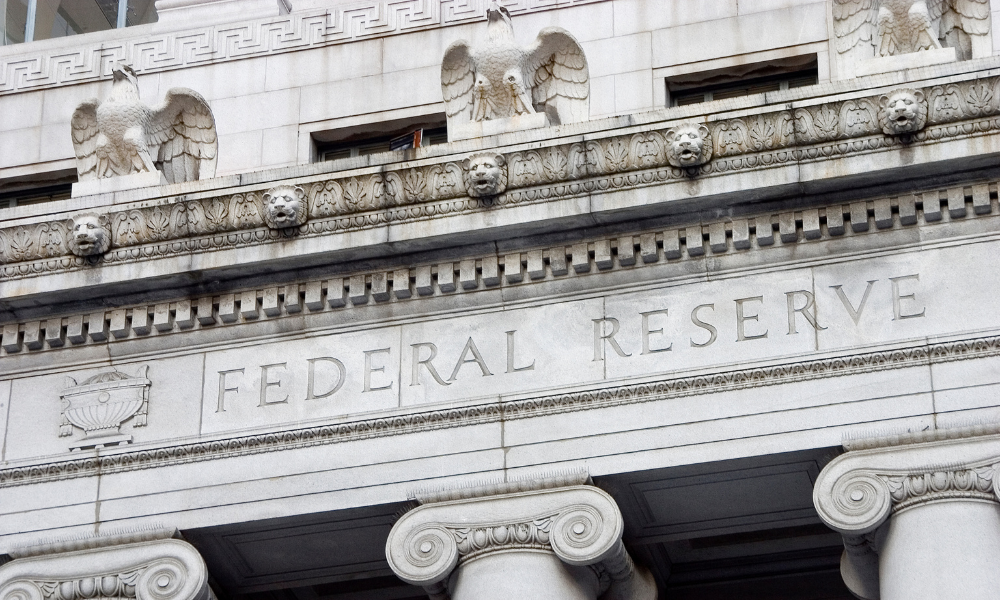Global association calls on investment community to weigh in on scope, structure, and design principles for proposed framework

In response to a growing call among investors for increased transparency and consistency in the ESG space, CFA Institute has commenced a consultation as it develops its voluntary, global ESG Disclosure Standards for Investment Products.
“Setting global industry standards to ensure transparency and safeguard trust is integral to our mission,” said CFA Institute President and CEO Margaret Franklin. “In the face of growing interest in ESG investing, we found widespread support from the investment community for the development of a standard to reduce confusion and facilitate better alignment of investor objectives with product intent.”
According to Chris Fidler, CFA Institute’s senior director for Global Industry Standards, the institute is focusing mainly on disclosure requirements for investment products with ESG-related features. As opposed to other standards that aim to set corporate disclosure requirements, prescribe criteria for the labelling or rating of securities or investment products, or define best practices for particular strategies or approaches, the CFA wants its standard to help investors “comprehensively evaluate whether or not an investment product will meet their needs.”
The institute has published a consultation paper with input from a working group of 15 international volunteers who have ESG expertise coupled with experience as asset owners, asset managers, consultants, or service providers. It proposes definitions for six ESG-related features, which are expected to act as a backbone of the standard:
- ESG Integration – Makes investment decisions that explicitly consider ESG-related factors that materially impact the risk and return of the investment, alongside traditional financial factors;
- ESG-Related Exclusions – Looks at certain ESG-related activities, business practices, or business segments as a basis to exclude securities, issuers, or companies from the investment product.
- Best-in-Class – Seeks to invest in companies and issuers that outdo peers on one or more performance metrics related to ESG matters;
- ESG-Related Thematic Focus – Aims to invest in sectors, industries, or companies that stand to benefit from long-term macro or structural ESG-related trends;
- Impact Objective – Seeks to produce a positive, measurable social or environmental impact on top of a financial return; and
- Proxy voting, Engagement and Stewardship – Uses rights and position of ownership to influence issuers’ or companies’ activities or behaviours.
CFA Institute is asking the wider investment community for input to help shape an initial version of the standards. That exposure draft is expected for release in May next year.
“We know from experience that it is vital to have diverse perspectives in the formulation of global standards,” Fidler said. “We are seeking input from individuals, groups and organizations around the world in the form of comment letters, as well as individuals to participate in volunteer committees.”



